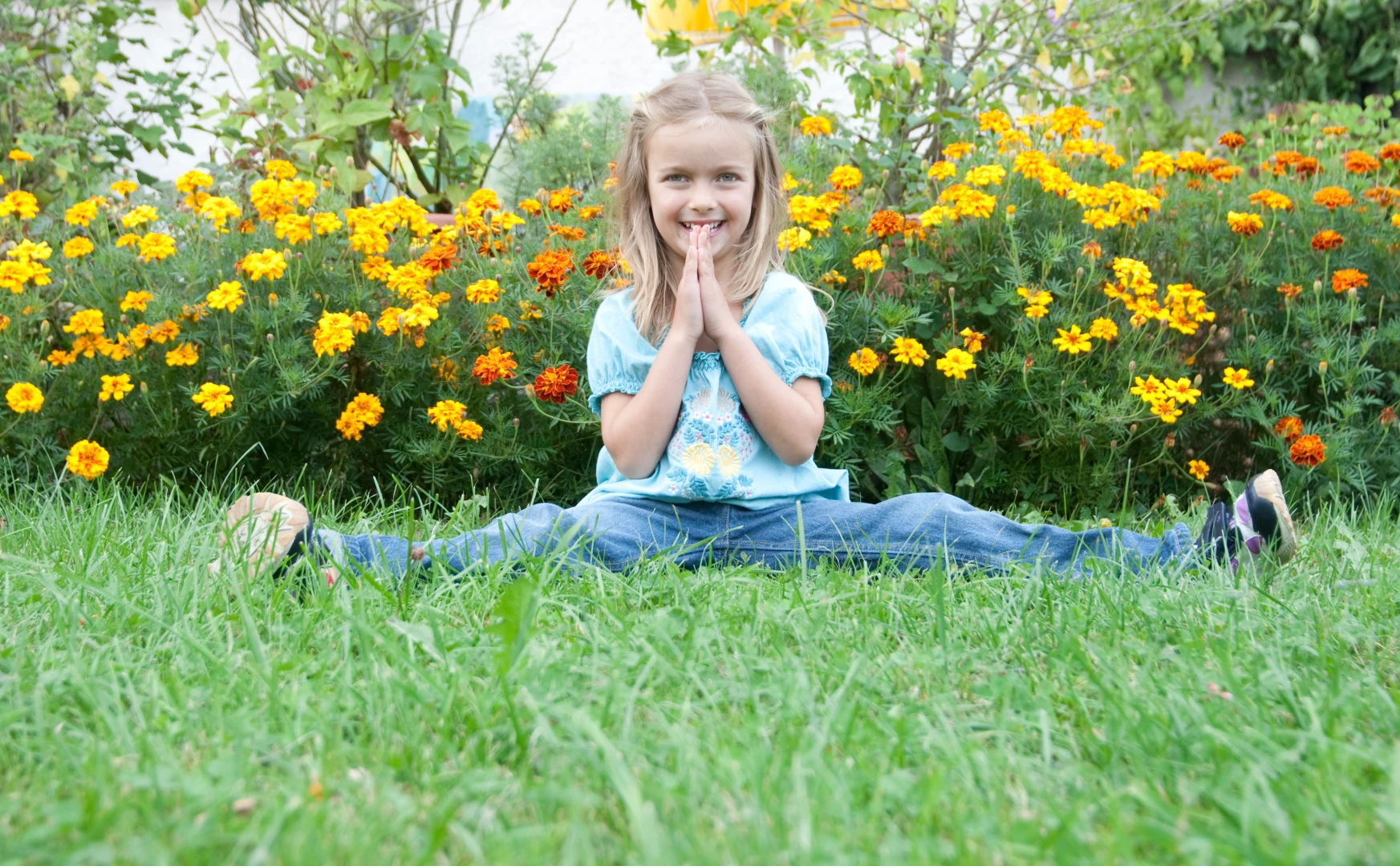Nature Deficiency in Kids, A Missing Vitamin?

When I was growing up, TV was for rainy days. Literally. Being outside was the cure for everything from loneliness to boredom. Even when I’d get sick, mom’s first response was “You need some fresh air.”
Nowadays, however, fresh air is something that is electrically circulated within our home, and the ‘outdoors’ is often an indoor patio simulated to resemble the outdoors without the hassle of actually being out there.
A phenomenon has taken over the newest generations, one in which the connection between youth and nature has been lost. Author Richard Louv was the first to coin the term “nature deficiency,” referring to the near absence of nature from daily life. Louv addressed these issues in his 2005 book Last Child in the Woods: Saving our Children from Nature Deficit Disorder. Of course, this affects all generations, but it is beginning at earlier and earlier ages.
Louv searches to explain the dangers of children losing nature as part of their childhood. According to his book, kids who play outside are less likely to be stressed, get sick, or become aggressive.
Kids are like sponges (not necessarily the squared pants one named Bob). They soak up their childhood and expel it into the rest of their lives. Louv discusses the variety of problems and consequences of declined interaction. The loss of touch with nature can become a lifestyle with repercussions ranging from weight problems to a weakened immune system to lack of instinctual reactions.
As a nanny, I witness how kids tend to value technology much more than nature. If they’re bored, they play Game Boy; if they want to make friends, they connect to Xbox Live. Even Nickelodeon, a kids’ TV network, sponsors commercials with giant captions saying, “Go outside! We’ll be here when you get back!” Nickelodeon created a “World Day of Play,” encouraging kids to move around outside. If a TV network is advertising to get kids outside, clearly something is wrong.
The childhood obesity rate is ever increasing due to many factors, but lack of physical activity is a giant contributor. Kids who play outside less, generally play less. With physical education class a requirement in only one state (Illinois) in the United States, kids are having less encouragement to move and get themselves outside. Even while handing out Halloween candy recently, I was amazed at the amount of obese children. Not baby fat, but actual obesity.
Nature is the best teacher concerning healing and immunity. According to a 2006 -Cornell study, “free play in nature is far more effective than mandatory, adult-organized activities in nature.”
With kids playing outside less, they can become ill-equipped for adulthood in several ways. Too much sterilization and fear of germs can be just as detrimental to a developing child as too much exposure. Dr. Joel V. Weinstock, the director of gastroenterology and hepatology at Tufts Medical Center, says, “Children raised in an ultra-clean environment are not being exposed to organisms that help them develop immune regulatory circuits.” Dr. Weinstock goes even further to claim “children should be allowed to go barefoot in the dirt, play in the dirt, and not have to wash their hands when they come in to eat.”
When you work out, your muscles adjust gradually to what is ultimately good for your body, even if it doesn’t feel natural at first. Re-introducing children to nature runs along a similar concept. At first, the sun might seem too bright and the bugs too unbearable. But we humans are adaptable, and learning to adapt to what is good for you, like nature, is a necessary skill.



